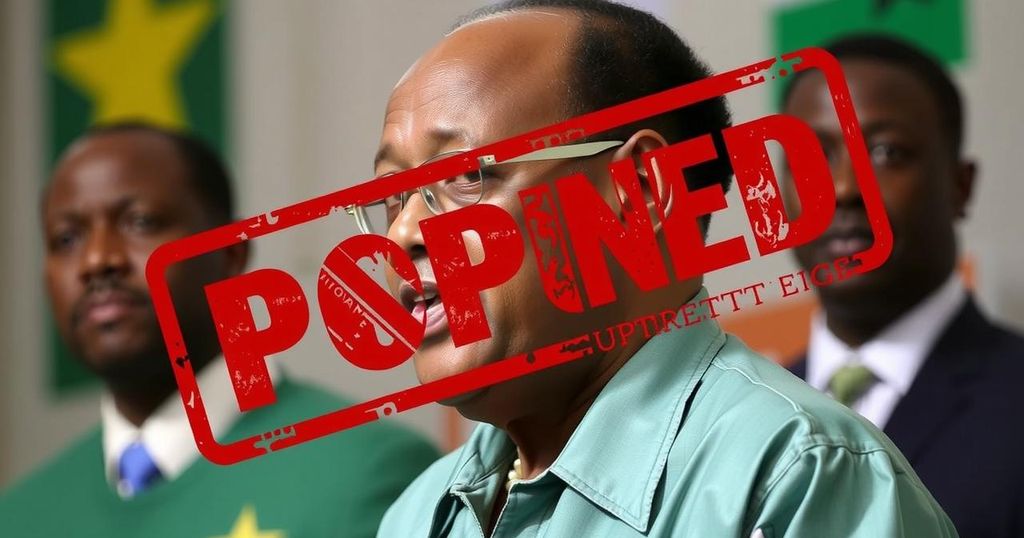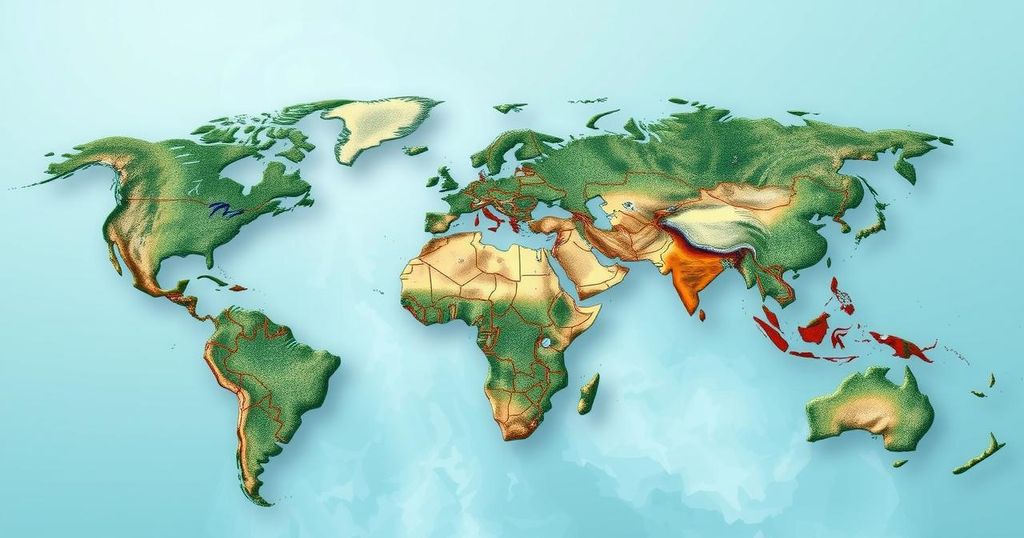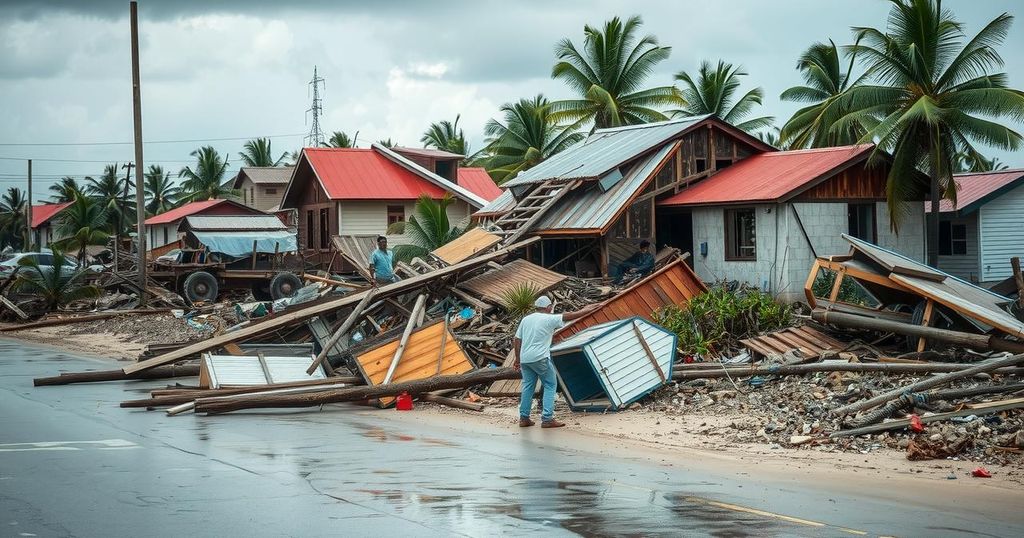Togo Postpones Inaugural Senate Elections to February 2024
Togo has postponed its first senatorial elections to February 15, 2024, allowing political parties more time to prepare. Campaigning will begin on January 30. The elections are an essential component of implementing a controversial new constitution criticized by many opposition factions. Some, like the ANC, intend to boycott, citing concerns over democratic integrity.
Togo has postponed its inaugural senatorial elections to February 15, a decision made to allow political entities additional time for preparation, as announced in a presidential decree released on Friday evening. Official campaigning is set to commence on January 30. The elections are a critical element in the progression towards a new constitution, which has faced substantial opposition from various political groups and civil societies. Some parties advocated for the delay to facilitate candidate registration, while prominent opposition factions, including the National Alliance for Change (ANC), have declared their intention to boycott the elections, regarding them as indicative of a “constitutional coup d’état.” Established through a constitutional amendment in 2002, Togo’s Senate has yet to be operationalized and will include a total of 61 members, with 41 elected by local councillors and the remainder appointed by the Prime Minister. This new constitution, which alters the presidential election process to a parliamentary one, has been criticized as a strategy for President Faure Gnassingbé to maintain his grip on power indefinitely. Gnassingbé, who is also the leader of the ruling party, UNIR, has presided over Togo since taking over in 2005 from his father, who ruled for 38 years.
Togo’s political landscape is marked by significant changes, particularly with the introduction of a new constitution that modifies the governance system. This transition includes the establishment of a Senate that has yet to be formed even after its constitutional recognition in 2002. The upcoming elections are pivotal as they represent the culmination of long-standing political contention, with major opposition voices fearing that these changes represent an erosion of democratic processes and an extension of the current president’s power.
In summary, Togo’s decision to delay the senatorial elections reflects the ongoing tensions within the nation’s political framework, where opposition parties are resisting what they perceive as an undermining of democratic principles. The elections are crucial for establishing a functioning Senate and implementing the new constitution, yet they are already fraught with accusations of undemocratic practices, prompting calls for boycotts from key political players.
Original Source: www.barrons.com




Post Comment